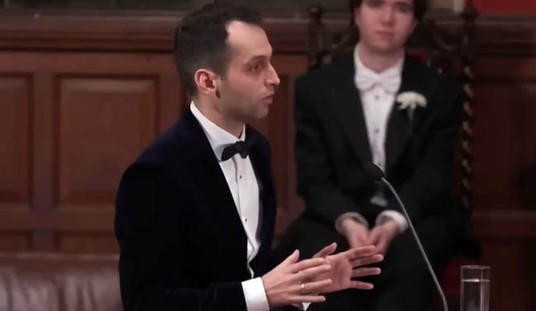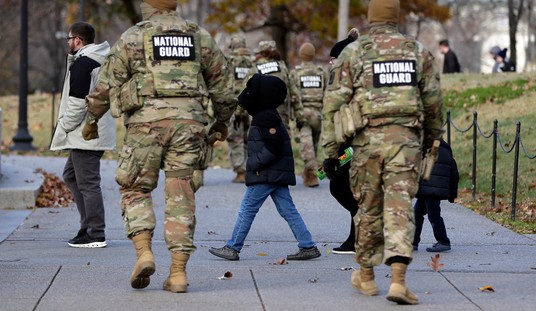Foreign Ministry officials said Saturday that Israel would not apologize to Turkey for the deaths of nine Turkish pro-Palestinian activists who were killed during the Israel Navy’s raid on the Turkish-flagged ‘Freedom Flotilla’ ship earlier this week.
A top official in the Foreign Ministry, who wished to remain anonymous, said that the Turkish demand for an official apology was mainly an excuse to allow Turkish Prime Minister Recep Tayyip Erdogan’s to cut diplomatic ties with Israel.
***
The list of recent moves by the Netanyahu government that potentially threaten American interests has grown steadily, many foreign policy experts argue. The violence that broke out when Israeli commandos stormed aboard a Gaza flotilla last week chilled American relations with a key Muslim ally, Turkey. The Gaza fight also makes it more difficult for America to rally a coalition that includes Arab and Muslim states against Iran’s nuclear ambitions. Mr. Netanyahu’s refusal to stop Jewish housing construction in Arab East Jerusalem also strains American ties with Arab allies. It also makes reaching an eventual peace deal, which many administration officials believe is critical to America’s broader interests in the Muslim world, even more difficult…
More recently, Daniel Levy, director of the Middle East Task Force at the New America Foundation and a member of J Street, said in an interview: “America has three choices. Either say, it’s politically too hot a potato to touch, and just pay the consequences in the rest of the world. Or try to force through a peace deal between Israelis and Palestinians, so that the Palestinian grievance issue is no longer a driving force or problem.” The third choice, he said, “is for America to say, we can’t solve it, but we can’t pay the consequences, so we will distance ourselves from Israel. That way America would no longer be seen, as it has been this week, as the enabler of excesses of Israeli misbehavior.”
Unsurprisingly, Mr. Levy advocates the second choice. But he warns that the third may become more palatable to Americans if Mr. Netanyahu’s government stays on its present course.
***
In politically splintered Israel—the joke about “two Jews, three opinions” is an understatement in a country with over thirty political parties—Israelis are massively divided about issues like settlements and the peace process. But this week, fed up with what they view as an onslaught of unfair global criticism of their country, young Israelis—the ones who don’t typically care about politics, and even many from the left-wing—were atypically unified and mobilized in full nationalist fervor in defense of Israel. Pro-Israel demonstrations have been held across the country, and huge numbers of Israelis are enlisting their Facebook pages and email accounts to present Israel’s side of the story to the world…
So do Israelis really think they’re right and the rest of the world is wrong? The short answer is yes. A poll of Israel’s Jewish population by the daily Maariv from June 2 found that about 95% of respondents agreed it was necessary to stop the vessel. Many Israelis are critical of the handling of the raid, but not of the decision to stop the aid ships or the Gaza blockade policy in general…
“It’s not easy seeing the whole world against you,” he said. “It isn’t fun.” But he does see one silver lining in Israel’s predicament. “If there’s one good thing about the whole world hating us, it’s that suddenly we like ourselves more, that it forces us to become united. Everyone thinks the same thing. It hasn’t been like that for years.”









Join the conversation as a VIP Member